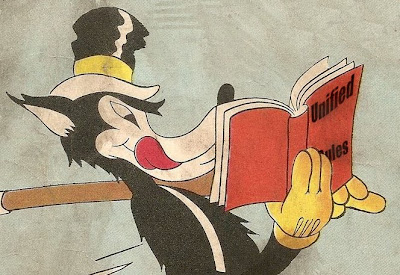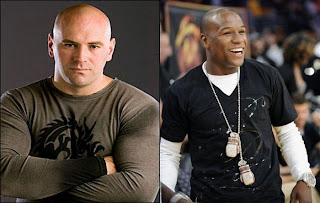After yet another controversial decision at Bellator, MMA fans were treated to something not so run of the mill. This time Chuck Wolfe, the judge with the most controversial score card, spoke publicly about how he scored the fight. The fallout from this unusual act was justification for the idea that judges should not publicly defend their scoring. The common outcry seemed to be that it never turns out well, that there’s nothing to gain, and that judges aren’t paid to speak publicly and shouldn’t be put under that type of pressure.
But is it really true that nothing good comes out of it? What about educating fans as to what they can and should expect of judges? What about exposing potential disparities between the possible ways a judge views the scoring criteria and that of MMA fans, media, and even other judges? What about enforcing accountability?
 Let’s look at some of the potential repercussions coming out of Chuck Wolfe’s explanation.
Let’s look at some of the potential repercussions coming out of Chuck Wolfe’s explanation.
Wolfe said something relatively minor can make the difference in a 10-9 score, such as one takedown, one punch or one kick different, or even one attempted submission. Is this the way most fans and pundits think a fight should be scored? Based on the post-fight controversy the answer is clearly no. Is this the way athletic commissions intended for the fights to be scored? If a single punch or submission attempt can make the difference in who wins a 10-9 round, where is the potential for a 10-10? Clearly the scoring system has provisions for a 10-10 round, but is that only if the round is a complete stalemate, with no manner of accounting for relative equality in the degrees of dominance? According to Wolfe, in a close round “you can grade it 10-10 but you might as well not be there if you’re not going to score someone to win the round.”
 When Cecil Peoples proclaimed after the Machida vs. Shogun decision that leg kicks don’t finish fights, it gave us insight into another variation in the way people can evaluate “effective” technique. Conversations began to take place about whether “effective” meant fight-finishing, as well as about what techniques are potentially fight-finishing. Publicly defending score cards may be uncomfortable for judges, but if they’re doing their job then they have rationales for their scoring, whether or not anyone else agrees with them. Wolfe himself stated “as a judge he can’t be concerned about how fans or the media view his decisions.”. And the same should go for the explanations for those decisions. Maybe athletic commissions are taking every measure available to ensure that officials are meeting expectations of competency, and that the judges’ scoring methods are calibrated within the narrow parameters of the scoring system under the Unified Rules. But having judges explain their scoring rationales can only help ensure that any discrepancies are identified and corrected, whether they are based on incompetence on the part of the judge or not.
When Cecil Peoples proclaimed after the Machida vs. Shogun decision that leg kicks don’t finish fights, it gave us insight into another variation in the way people can evaluate “effective” technique. Conversations began to take place about whether “effective” meant fight-finishing, as well as about what techniques are potentially fight-finishing. Publicly defending score cards may be uncomfortable for judges, but if they’re doing their job then they have rationales for their scoring, whether or not anyone else agrees with them. Wolfe himself stated “as a judge he can’t be concerned about how fans or the media view his decisions.”. And the same should go for the explanations for those decisions. Maybe athletic commissions are taking every measure available to ensure that officials are meeting expectations of competency, and that the judges’ scoring methods are calibrated within the narrow parameters of the scoring system under the Unified Rules. But having judges explain their scoring rationales can only help ensure that any discrepancies are identified and corrected, whether they are based on incompetence on the part of the judge or not.




